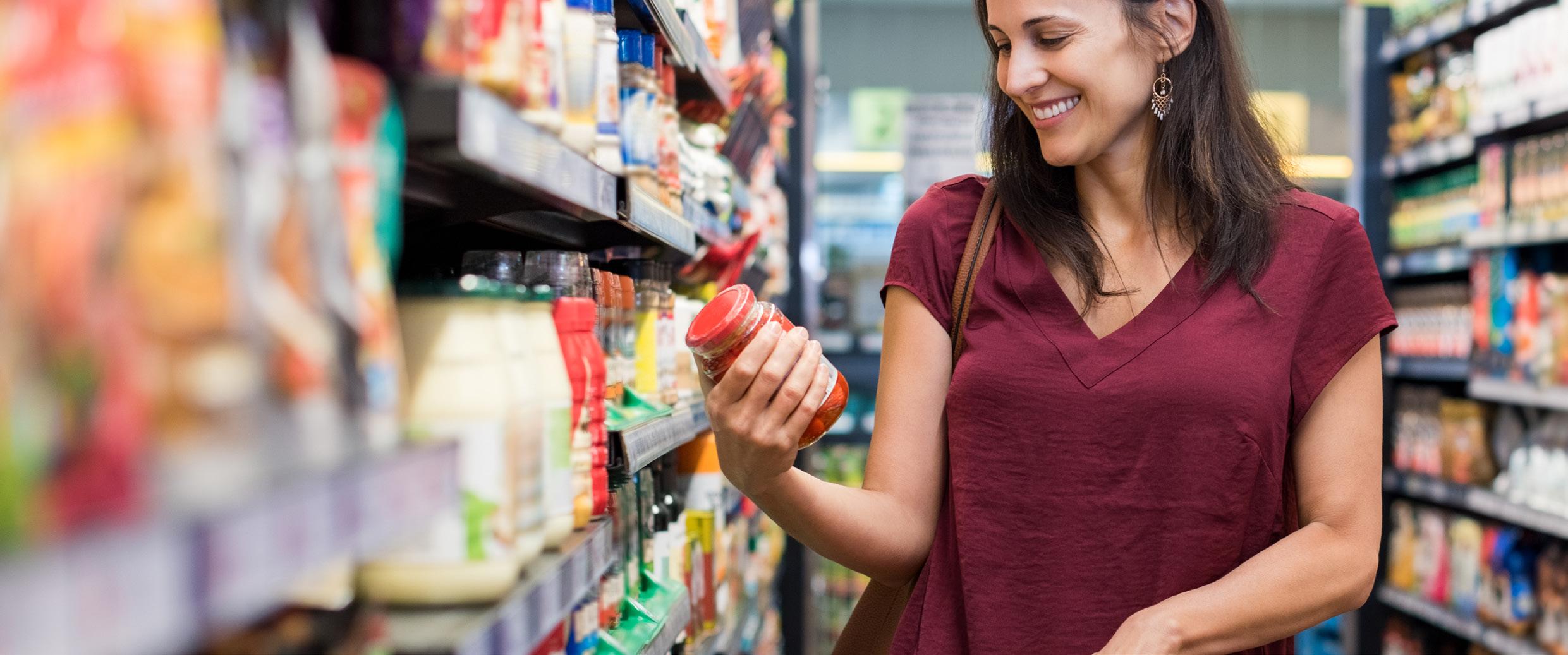
1 minute read
Industry Update: Domestic Regulation on Track
DOMESTIC REGULATION ON TRACK
BY NIKI FORD CEO, AUSTRALIAN ORGANIC LTD
In December 2020, the Department of Agriculture, Water and the Environment announced the appointment of an Organics Industry Advisory Group, triggered by the submission of the ”Australian Organic Domestic Regulation Discussion Paper” to Minister Littleproud in June. It will be considered our greatest achievement to date. Read more here.
The Group will investigate the creation of a nationwide regulatory framework for the production and sale of organic products and will review whether the current domestic regulatory framework is fit for purpose.
The AOL team has worked tirelessly behind the scenes for the past 24 months to establish a clear pathway to an enforced domestic standard in Australia. This pathway will work to protect our members and other organic certified operators by removing misleading organic products from the shelves while reducing red tape and strengthening market access. This is a momentous opportunity for regulatory improvement. A domestic standard would bring Australia in line with the rest of the world, deliver much-needed efficiency and certainty to organic producers and, importantly, increase consumer confidence at the point of purchase.
The Group consists of 16 experienced organic experts of which I am incredibly proud to be the AOL representative. The Group’s members have a broad range of skills and expertise from across the organic supply chain and will advise on the best possible ways the regulatory system can support domestic and export producers.
As it stands today, the issues remain. Importing countries cannot provide Australian exporters with accreditation because there is no equivalent mandatory standard in place in Australia, which means exporters must go through a timely and expensive certification process in every single market they attempt to sell into.
The temptation is also still high for marketers to incorrectly use the word ‘organic’ – a claim that should provide consumers with surety and certainty about how it was produced and/or manufactured. Every consumer deserves the right to know what they are purchasing is what it says it is and so do the producers who invest in the organic system.
We look forward to continuing to assist the Department and the Organics Industry Advisory Group on key industry issues and work towards a mandatory domestic standard for Australia.



